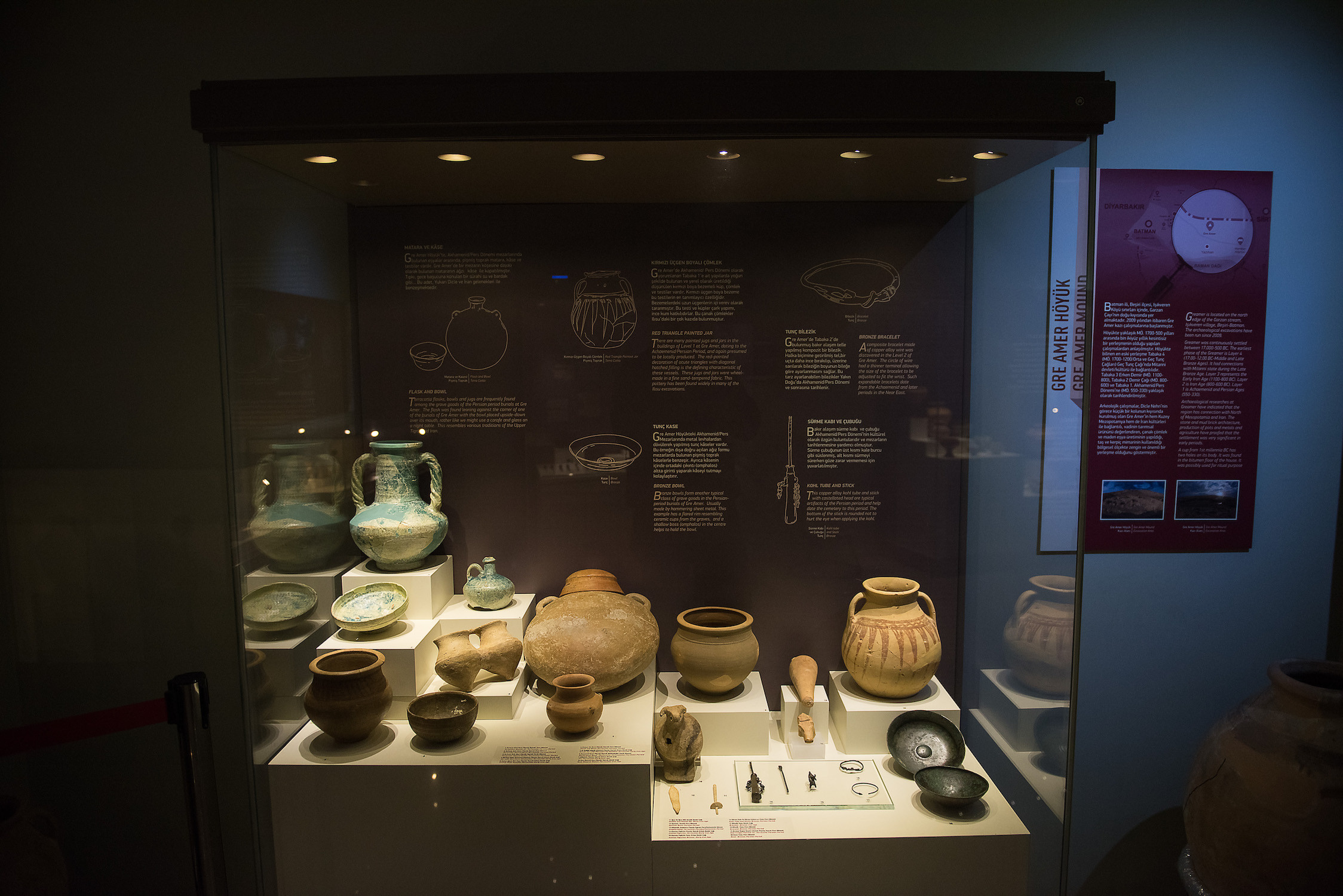In order to fulfil the goals that it plans to achieve in the course of the three years between 2017-2020, SARAT engaged in a variety of inter-related and mutually-supporting programmes in different areas.
Certified online education on Safeguarding and rescue of archaeological assets
In collaboration with SARAT project partner Koç University Research Center for Anatolian Civilizations (RCAC)) and Koç University, Turkey’s first online education programme dealing with cultural heritage issues was conducted.
Cultural heritage properties are confronted by many risks such as natural disasters and human conflict, looting, treasure-hunting, and negligence not just in Turkey but nearly everywhere worldwide. Being unprepared to deal with such emergencies has repeatedly resulted in such properties being destroyed by earthquakes or fire or in their being lost forever. Meanwhile, museums and ancient sites located in conflict zones suffer from damage and/or looting. Similar incidents continue to occur on a daily basis all over the world.
This is exactly why global efforts in the area of cultural heritage are focusing increasingly more on protecting that heritage and on teaching people how to deal with its associated risks and emergencies. However although publications and digital resources concerning these matters are growing in number, those that are available in the Turkish language are still inadequate.
The online training programme that SARAT created in line with its mission to build professional capacity was designed to appeal not just to museum personnel, archaeologists, students, and cultural heritage professionals but also to everyone who may be interested in the subject. This programme was prepared so as to take advantage of all the opportunities made possible by digital media and consisted of video-based instruction provided by experienced names in the field, instruction-related movies, interviews with experts, extensive reference materials, and interactive applications that explore potential scenarios.
Those who successfully complete the programme were awarded certificates by Koç University as evidence of their participation.
Nationwide survey looking into the relationship between the public and archaeology in Turkey
Turkey is a country that harbours a rich archaeological heritage. For the very first time, a nationwide face-to-face survey has been conducted to identify the degree to which people in Turkey relate to archaeology with what approaches and values they do so.
The findings of this survey and conclusions based on them will be made available to agencies, decision-makers, local governments, academicians, and professionals in order to provide guidance on concrete measures that should be taken to safeguard the archaeological heritage and to establish links in people’s minds between the goals and realities of such protection. Ways that archaeology may contribute to communities’ social and economic development were also explored.
Archaeology reporting for journalists and “Ask an expert” network
As is always true, journalism that is both principled and accurate is very important where archaeology and cultural heritage are concerned.
The media play a big role in reaching out to the public on such things as how to appreciate and protect archaeological assets and how to prevent illegal trafficking and treasure-hunting. The media have a responsibility to help raise public awareness and prevent misconceptions by using language that is accurate.
The reporting of news about archaeology is becoming increasingly more visible and is being followed by an increasing number of people in Turkey. Therefore SARAT conducted workshops for journalists who are involved in such reporting in order to improve its quality.
Meetings with antiquities collectors
Another issue that’s important for SARAT in the protection of archaeological assets is their legal collection by private individuals and organisations.
This is something that’s always been controversial. In order to help create a middle-ground consensus on the matter, SARAT met with antiquities collectors in Turkey. These meetings were focusing primarily on how to safeguard the scientific value and integrity of archaeological assets.
Archaeology in Local Context Meetings
Based on the findings of SARAT’s public opinion surveys, meetings held in selected provinces with local participants. These meetings focused on two issues: how to protect local archaeological assets and how to benefit effectively from local cultural heritage in line with regional development strategies.
During these gatherings, practical and consensus-based ways sought firstly to increase the beneficial impact that archaeological assets have on local communities’ lives and secondly to integrate cultural properties more effectively into local economic and social structures.
